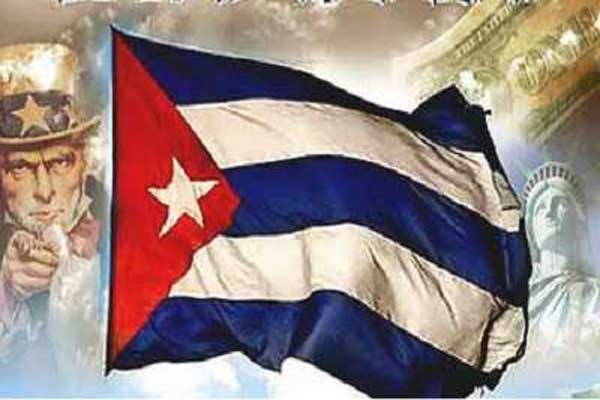
The economic, commercial and financial blockade has caused damages for over 144 thousand million dollars to Cuba, although it would not be possible to calculate for certain how much it harms the people of the Island.
This policy, covered with arrogance and obvious cruelty, reached its peak during the Donald Trump Administration, with the adoption of more than 240 tightening measures, right in the middle of a global pandemic that Cuba has found more difficult to face due to the obstacles of the neighboring government for the importation of inputs and products necessary to combat the COVID-19; denying, even, requests for flights with humanitarian cargo.
For the province of Las Tunas, this commercial fence implied, in the current year, a contraction in exports of goods and services, an area in which the damages caused are most evident in the shortage of energy carriers, the lack of accessories for automobile transportation and the low operation of local ports.
Such a situation harms the production and sale abroad of steel billets, charcoal, gold, farmed shrimp, and raw sugar, while the artisan artists of the Cuban Fund for Cultural Assets (FCBC) cannot commercialize their works.
Other activities, such as that carried out in the Israel Santos Metal Productions Company of Las Tunas, commercially known as DURALMET, are usually affected by obstacles in the importation of work tools. This is the case of rivets and squeaks, elements that, if the required quantities were available, would make it possible to exceed the number of nine thousand modules of houses delivered each year for the Housing Program.
The siege of Cuba also damages the entities of the Food Industry that face technological obsolescence and difficulties in the acquisition of necessary parts, equipment, and raw materials. This is the case in the industrial process of ice cream, metal containers, and polyethylene for packaging yogurt and milk.
@POTUS
— Aradelys Garcia. (@ariroge14) June 22, 2021
MR PRESIDENT BIDEN
LIFT THE BLOCKADE TO CUBA!
IT'S CRIMINAL AND VIOLATES THE HUMAN RIGHTS.
NO MORE HATE! LET US BUILD BRIDGES OF LOVE!#LiftTheBlockade#NoMoreHate#CubaVsBlockade#BridgesOfLove pic.twitter.com/Uy310VixbP
In the sugar sector, the lack of fuel has been strongly felt in the sugarcane planting, fertilization and harvesting, and the manufacturing of sugar; while restrictions on the purchase of fertilizers and herbicides are also notorious.
Likewise, in the industrial area, the absence of electrodes, gases, laminates, and pipes stands out, all of which contribute to the search for strategies and initiatives to move forward regardless of these difficulties.
About the lack of fuel, one cannot fail to point out that it is something that cuts across the entire national reality. Just emphasize that 27 companies and 54 vessels have been sanctioned for transporting this resource to Cuba, for which it is not worth just having the money since the blockade punishes those who trade with Cuba and generates a climate of fear towards exchange with the country.
Other areas of life in Las Tunas also have the nefarious imprint of this extraterritorial policy that prevents the better development of the more than 1,519 students of Special Education in the province by making it impossible the purchase equipment, materials, and supplies. For example, it also affects the purchase of electric wheelchairs, puts a brake on Cuba's participation in the international movement of the Special Olympics, and makes it more difficult to obtain batteries for hearing aids, or the replacement of audiometers used to assess auditory acuity, which hinders the diagnosis and later the communication and learning of infants.
More than 70 percent of the Cuban population was born under the United States blockade. There is not a single area of the Antillean reality that does not bear the imprint of this long-standing monstrosity despite worldwide rejection. The effects are incalculable, as is, above all, the human cost of an overbearing, unilateral, blackmailing, and evil in its conception and practice.
This June 23, Cuba will denounce this policy again before the United Nations General Assembly. It will be twenty-nine time. They have not withdrawn it despite worldwide rejection; neither, I think, they will now.
However, "the night of penalties of the blockade" does not extinguish the light for Cubans to fight, resist, create, and be happy.